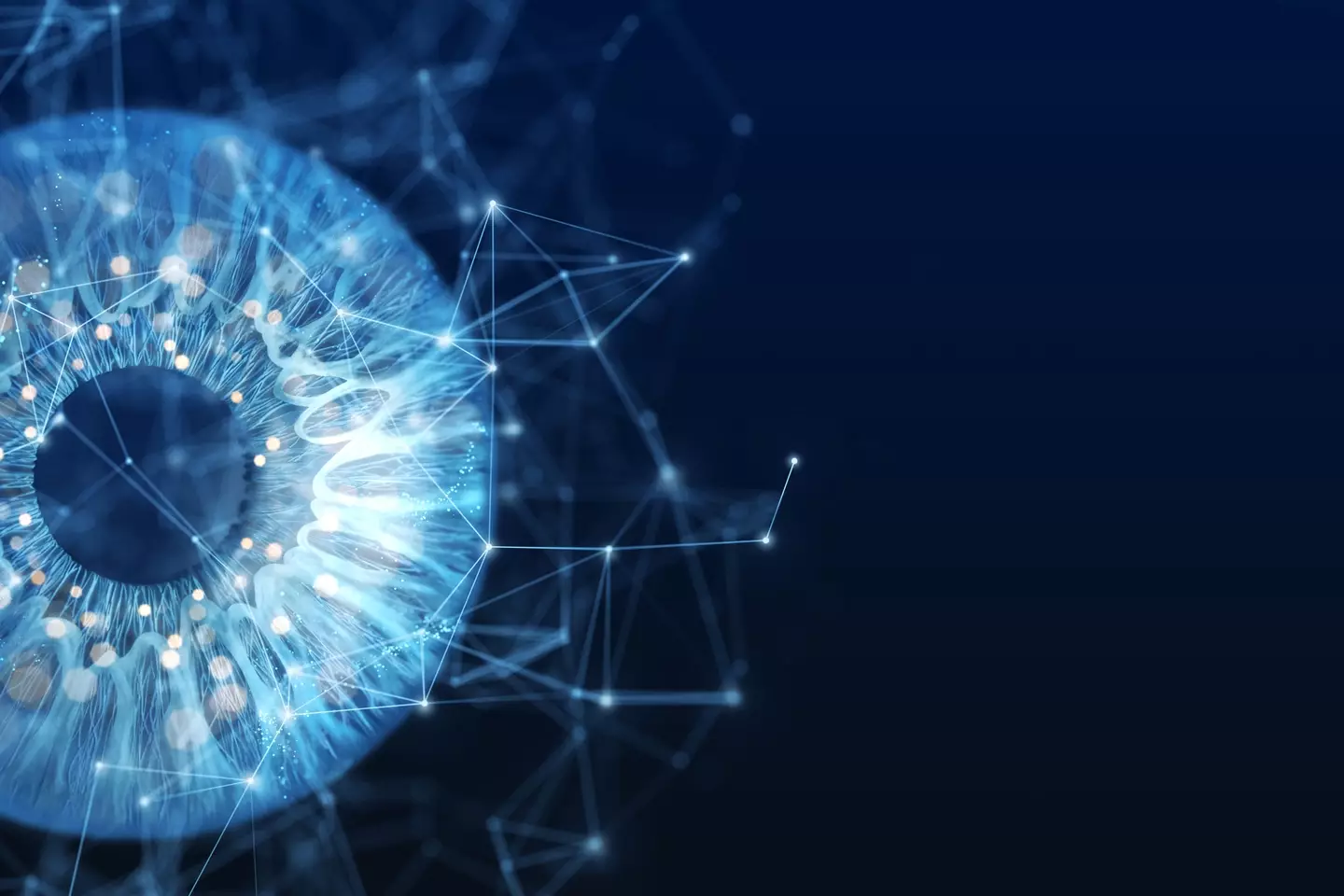


For many, it feels like we're on the cusp of something major when it comes to artificial intelligence.
That could mean one of two things, and while some think we're on the brink of a potential World War 3 triggered by AI, others think the human race is poised to massively evolve thanks to this technology being adopted in the mainstream.
No matter what you think about artificial intelligence, it's hard to deny the pace at which it's advancing.
More than Elon Musk using it to create sexualized AI anime companions, the likes of Google are going hard on AI, while OpenAI's Sam Altman reassures us he's delaying the long-awaited open-model update for all the right reasons.
Advert
Now, AI expert Sébastien Bubeck has referred to new advancements as a supposed 'Moon landing' moment.
The future of the human race was changed forever when Neil Armstrong first stepped on the surface of the Moon in 1969, and while humans have landed there since 1972, it's up there with the likes of the invention of the wheel, the signing of the Declaration of Independence, and the bombing of Hiroshima as some of mankind’s most important moments.

As explained by Ars Technica, OpenAI researcher Alexander Wei announced that a new AI language model has just secured a gold medal-level performance at the International Mathematical Olympiad (IMO).
Although the IMO asked companies to wait until July 28 to announce their results, that doesn't take away from the fact that the model has supposedly hit a standard that less than 9% of human participants reach every year.
Although there are sure to be concerns that we're approaching the moment of no return in terms of artificial superintelligence overtaking human thought, Bubeck is excited about what happens next.
Posting on X, the AI champion said: "It’s hard to overstate the significance of this. It may end up looking like a 'moon‑landing moment' for AI.
"Just to spell it out as clearly as possible: a next-word prediction machine (because that's really what it is here, no tools no nothing) just produced genuinely creative proofs for hard, novel math problems at a level reached only by an elite handful of pre‑college prodigies."
There are questions about whether this really should be classed as a Moon landing moment, with Ars Technica saying OpenAI self-graded the IMO results ahead of publishing the proof for public review.
Still, OpenAI claims the experimental model took on the six proof-based problems and was given the same 4.5 hours as a human competitor. With no internet access or calculators permitted, it's undeniably a big deal if true.
Hyping the results, one person on Reddit wrote: "The most important aspect here is the training data is now recursively learning and improving itself without human intervention and without scraping the internet. Now it has its own environment to learn from - this is a HUGE step forward."
Another added: "If IMO gold is the moon landing moment, will we reach Mars by January? 😄."
Others struggled to share Bubeck's enthusiasm, as one skeptic wrote: "It’s really impressive, but not a moon landing moment. When AI cures cancer of aging then it’ll be a moon landing moment. This is like Buzz Aldrin getting a pilot’s license."
Someone else concluded: "While this is potentially exciting, please remember that all these people have a vested interest in lying to you to build hype."